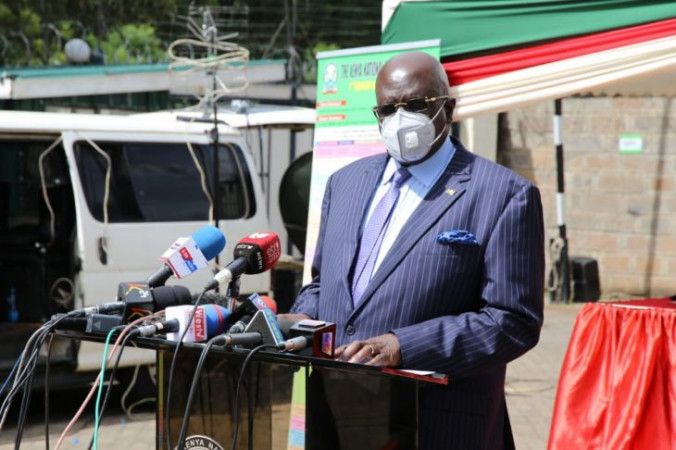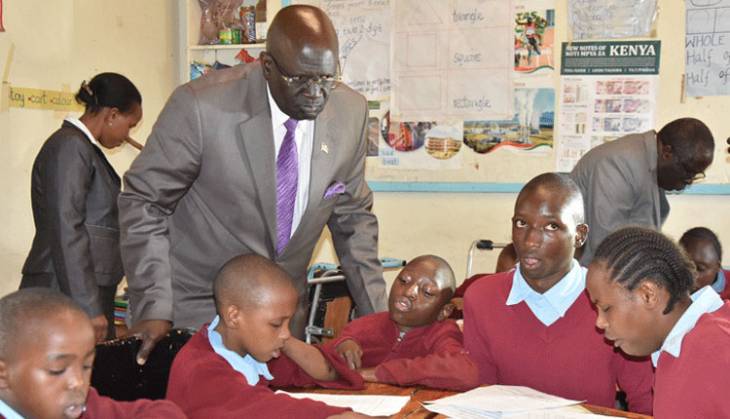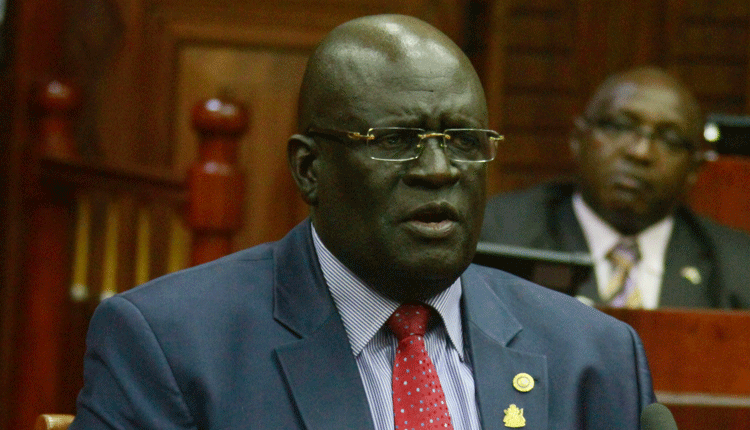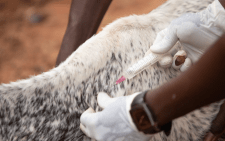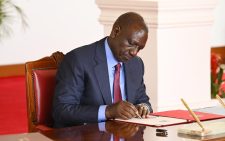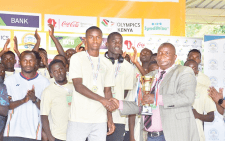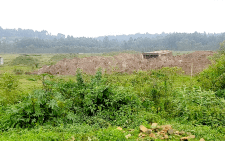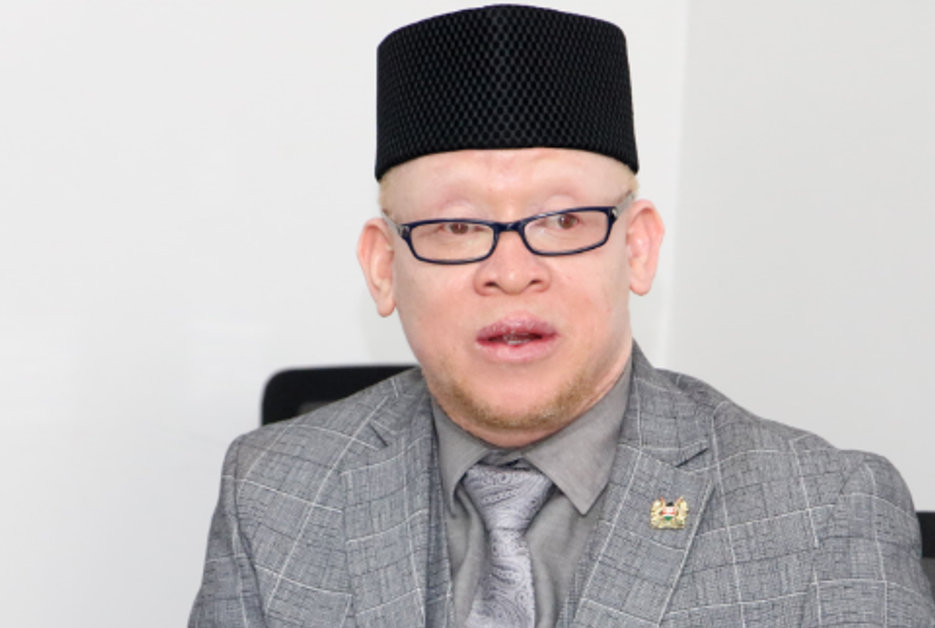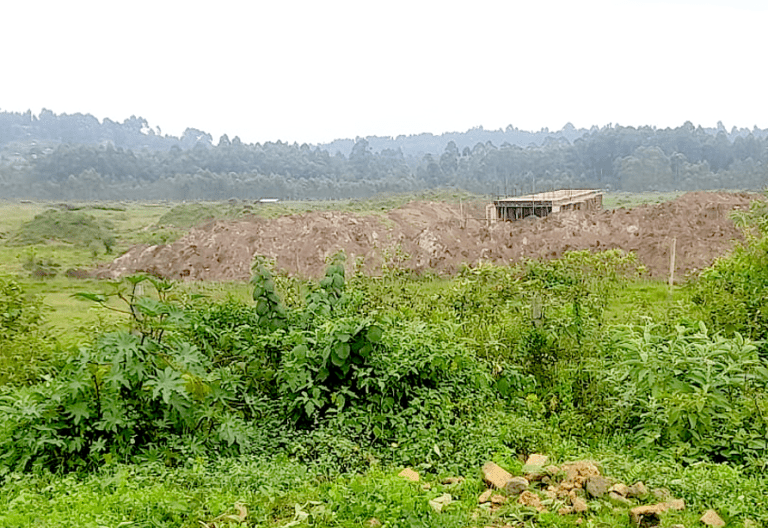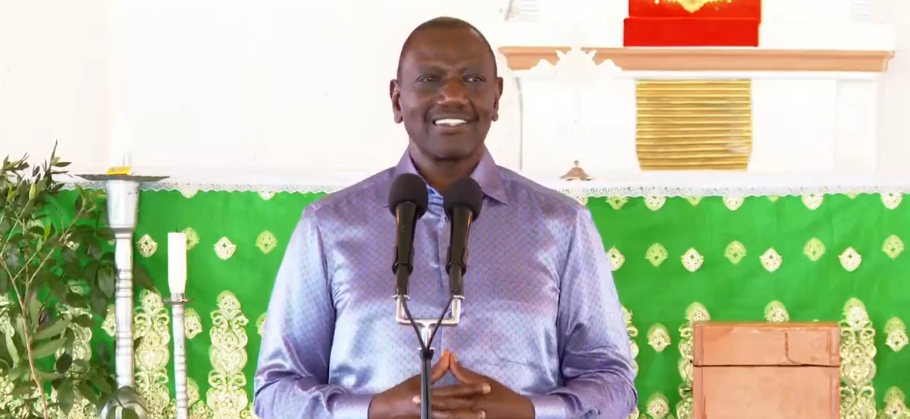Veiled hope for education despite reversed gains
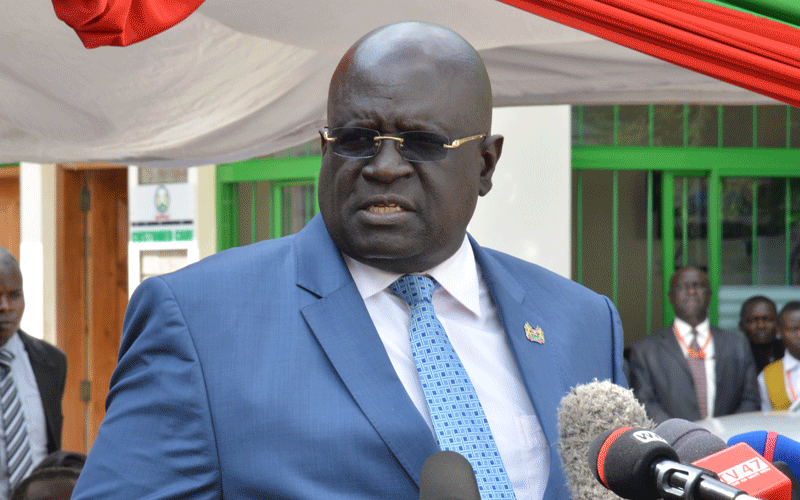
For the first time ever, the world came to a standstill in many facets due to the fast spreading and deadly novel coronavirus disease.
Since the first case was announced in the country, many aspects of society and the education sector have been dramatically affected.
On March 15, last year, the government closed all learning institutions countrywide to contain the spread of the virus.
As the numbers of those infected rose to over 8,000, the Cabinet Secretary for education Prof George Magoha declared on July 7, that the 2020 school calendar year will be considered lost due to Covid-19 restrictions.
The announcement saw about 18 million learners stay out of school for nine months as the government moved to contain surging number of coronavirus cases.
More than ever, governments have been called upon to make the education sector more resilient and sustainable, embrace innovations and invest in teachers as part of enduring continuity in learning.
This part of the conversation featured as the world marked the third International Day of Education (IDE) yesterday under the theme Recover and Revitalise Education for the Covid-19 Generation.
The United Nations Educational, Scientific and Cultural Organisation (Unesco) says that given the challenges the sector witnessed, there is need to power education by stepping up collaboration and international solidarity to place it and ensure lifelong learning at the centre of the recovery.
The organisation has also stated that IDE comes in the wake of the pandemic that led to a global learning disruption of unprecedented scale and severity.
“The closure of schools, universities and other learning institutions, as well as interruption of many literacy and lifelong learning programmes, has affected the lives of 1.6 billion students in over 190 countries,” said Unesco in a statement.
Much as governments moved swiftly to offer alternative solutions, Unesco regretted that at least one third of the world’s students were not able to access remote learning and estimated that those in low-and lower-middle-income countries have lost nearly four months of schooling compared to six weeks in high-income ones.
According to Unesco, IDE seeks to highlight commitments and follow-up actions taken to protect education through the recovery, increase inclusion and combat dropouts in schools.
“It will also be an opportunity to outline best practices in laws and policies on equitable finance for education that effectively target most disadvantaged and give voice to Covid-19 generation to express their concerns and aspirations in the face of a future marked by an economic recession and climate change,” it adds.
It was arguably the most difficult for education sector in the country, since independence.
In the beginning, there was hope that things would change for the better and that learning would resume, but as days passed, more cases were reported, which meant keeping children at home longer.
However, the year is gone now and the government has had to take the risk of reopening all learning institutions amidst congestion challenges.
The government has further admitted that physical distancing in schools cannot be achieved owing to the high number of learners’ enrollment, but has been categorical that all children must be masked at all times.
With the outbreak of Covid-19, President Uhuru Kenyatta said the first thing the government considered was protecting the lives of children, a situation replicated across the globe.
Innovative approaches
He admitted that there are infrastructural challenges owing to prolonged school closures coupled with congestion of learners, but the government is addressing the situation step by step.
Chief Administrative Secretary in the Ministry of Education Zack Kinuthia says in line with this year’s IDE theme, the government through its agencies has identified and appropriately actioned against systemic gaps that compromised the resilience of our education systems in the wake of disruption.
These include a well laid plan to increase the number of teachers and trainers in institutions.
It also includes refurbishment of our learning infrastructure, installing water systems, and providing desks and books.
Yet another elephant in the room is ensuring that all learners are back to school – even the expectant girls – with the government launching a crackdown to trace children as part of building synergies to ensure successful resumption of learning in public institutions.
“The government is implementing zero tolerance to school dropout and has activated systems to ensure all learners are accounted for,” he says.
Further, Kinuthia says the ministry is implementing affirmative action measures that will ensure marginalised groups continue to enjoy special education opportunities, and girls are not victimised out of learning because of unfortunate pregnancies.
On achievement of quality education as one of the 2030 Sustainable Development Goals (SDGs) on its own, Constance Kouakou, Education Specialist United Nations Children’s Fund (Unicef) Kenya says many countries have made progress in access to education. But the quality of learning has been seriously affected.
The learning poverty rate in low- and middle-income countries is estimated at 53 per cent, meaning that over half of all 10-year-old children cannot read or understand a simple age-appropriate story.
“To solve reading illetracy among children, countries should focus on foundational skills,” she explains.
“This includes accelerating interventions focused on literacy, effective teaching, timely access to age and skill-appropriate texts, and mother tongue learning,” she adds.
She also calls for the need for the world to reimagine education, meaning that education should build and accredit basic skills — reading, writing and math — as well as skills in problem-solving, creativity, and critical thinking that young people need for work or to start a business and to engage productively in their communities.
This should also include digital learning, which should be an essential service for every child and young people.
Every child and young person should be connected to world-class digital solutions that offer personalised learning.
Implementation of the Competency Based Curriculum (CBC), for instance, was supposed to move to Grade Five this January, but that has been deferred to July.
Kenya Institute of Curriculum Development (KICD) director, Prof Charles Ong’ondo says the government is well on course in implementing CBC despite the disruption last year.
“As far as curriculum designs are concerned, we have developed up to Grade Six and schools have up to Grade Four designs while those of Grade Five will be available by the time schools open in July,” says Prof Ong’ondo.
